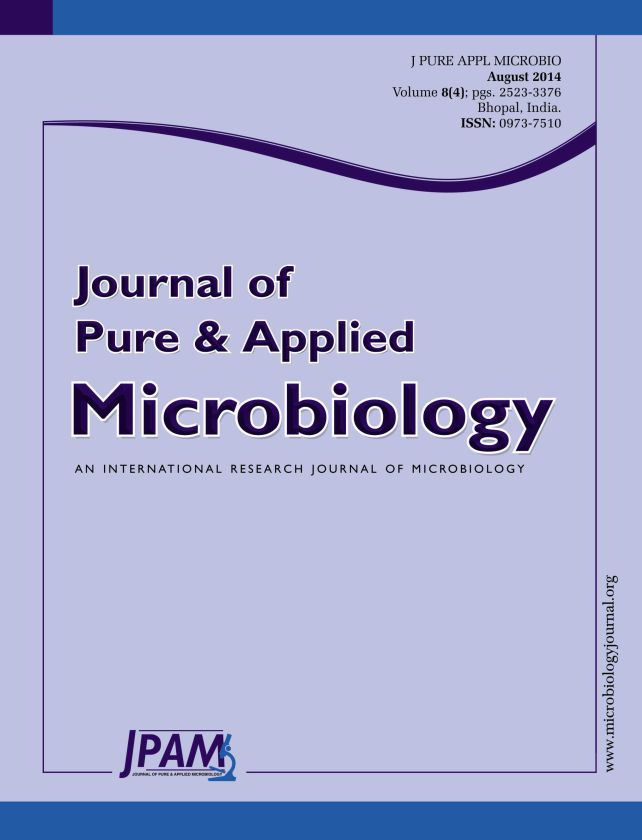The present study sought to investigate the potential use of plant derived products in the treatment and prevention of plant diseases with the aim of reducing the yield loss one of the most important crops: Potato. Plantextracts are prominent and are cultivated worldwide and/or are used commercially. The present study evaluated, both in vitro and in vivo, the antiviral properties of two plants extracts (Artemisia Absinthium and Allium cepa). Chenopodium amaranticolor was used as a local lesion host. The inhibition percentages of PVY by both plant extracts with varying dilutions were recorded over a period of 5 days. A higher percentage of viral inhibition was observed in vitro with the aqueous extract of Artemisia Absinthium(72.73%)than with Allium cepa (42.42%).PVY inhibition was more effective pre-inoculation than post-inoculation, and the higher percentage of inhibition was observed as the period of treatment lengthened with both plant extracts. For the pre-inoculation treatment, the highest percentage of inhibition with the aqueous extract of Artemisia Absinthium was 54.54% observed after 5 days, in contrast with 36.36% with the aqueous extract of Allium cepa during the same period. Much lower percentages of inhibition were observed with the post-inoculation treatment (45.45% and 24.24% respectively). The study concluded that Artemisia Absinthium has a stronger inhibitory effect against PVY infectivity than Allium cepa.
Artemisia Absinthium, Allium cepa, Potato Virus Y, PVY, Inhibition
© The Author(s) 2014. Open Access. This article is distributed under the terms of the Creative Commons Attribution 4.0 International License which permits unrestricted use, sharing, distribution, and reproduction in any medium, provided you give appropriate credit to the original author(s) and the source, provide a link to the Creative Commons license, and indicate if changes were made.


